

2017-07-01 08:40:00 Sat ET
technology antitrust competition bilateral trade free trade fair trade trade agreement trade surplus trade deficit multilateralism neoliberalism world trade organization regulation public utility current account compliance
The Economist interviews President Donald Trump and spots the keyword *reciprocity* in many aspects of Trumponomics from trade and taxation to infrastructure and financial deregulation.
The New Keynesian expression of *priming the pump* can lead to greater economic growth with some fiscal deficit at least in the short run. According to Treasury Secretary Steve Mnuchin, this additional economic growth can raise at least $2 trillion in tax revenue over the next decade. Also, the indefinite Trump tax holiday serves as a clear incentive for U.S. multinational corporations to repatriate offshore cash from tax havens up to $350 billion per year to invest in American job creation, manufacturing automation, technological innovation, and superior service provision.
In contrast to the core crux of Glass-Steagall Act, Trump and Mnuchin cannot envision breaking up the big banks that currently enjoy expansive economies of scale and scope. Post-Dodd-Frank deregulation provides an opportunity for bank stocks to outperform relative to the long-term average stock market P/E ratio of 15x to 16x.
While tax cuts trump trade, these tidal traces of Trumponomics shine fresh light on the new supply-side U.S. macroeconomic policy agenda in the Republican administration.
If any of our AYA Analytica financial health memos (FHM), blog posts, ebooks, newsletters, and notifications etc, or any other form of online content curation, involves potential copyright concerns, please feel free to contact us at service@ayafintech.network so that we can remove relevant content in response to any such request within a reasonable time frame.
2018-09-01 07:34:00 Saturday ET
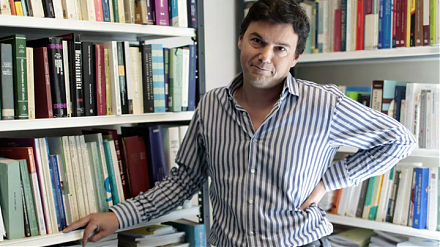
As the French economist who studies global economic inequality in his recent book *Capital in the New Century*, Thomas Piketty co-authors with John Bates Cl
2019-12-10 09:30:00 Tuesday ET
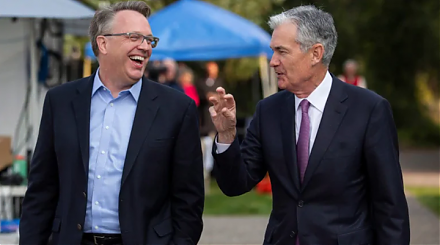
Federal Reserve institutes the third interest rate cut with a rare pause signal. The Federal Open Market Committee (FOMC) reduces the benchmark interest rat
2018-12-15 14:38:00 Saturday ET
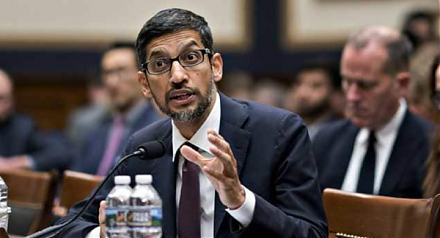
Google CEO Sundar Pichai makes his debut testimony before Congress. The post-mid-term-election House Judiciary Committee bombards Pichai with key questions
2019-03-13 12:35:00 Wednesday ET
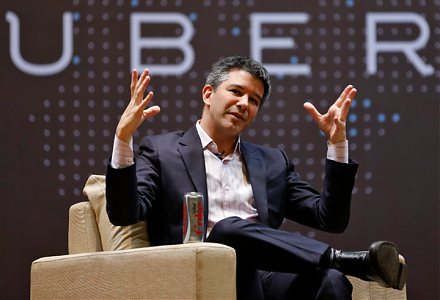
Uber seeks an IPO in close competition with its rideshare rival Lyft and other tech firms such as Slack, Pinterest, and Palantir. Uber expects to complete o
2024-10-27 07:56:01 Sunday ET
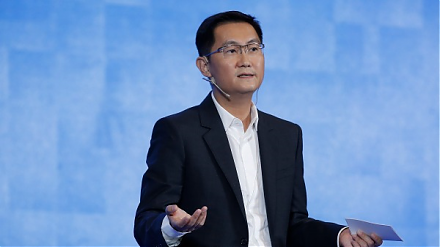
Stock Synopsis: China Internet tech titans continue to grow amid greater competition. We launch our unique coverage of top 25 China Internet stocks. In t
2019-10-25 07:49:00 Friday ET
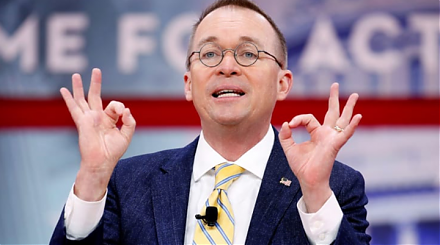
U.S. fiscal budget deficit hits $1 trillion or the highest level in 7 years. The current U.S. Treasury fiscal budget deficit rises from $779 billion to $1.0